Pffft, boomers…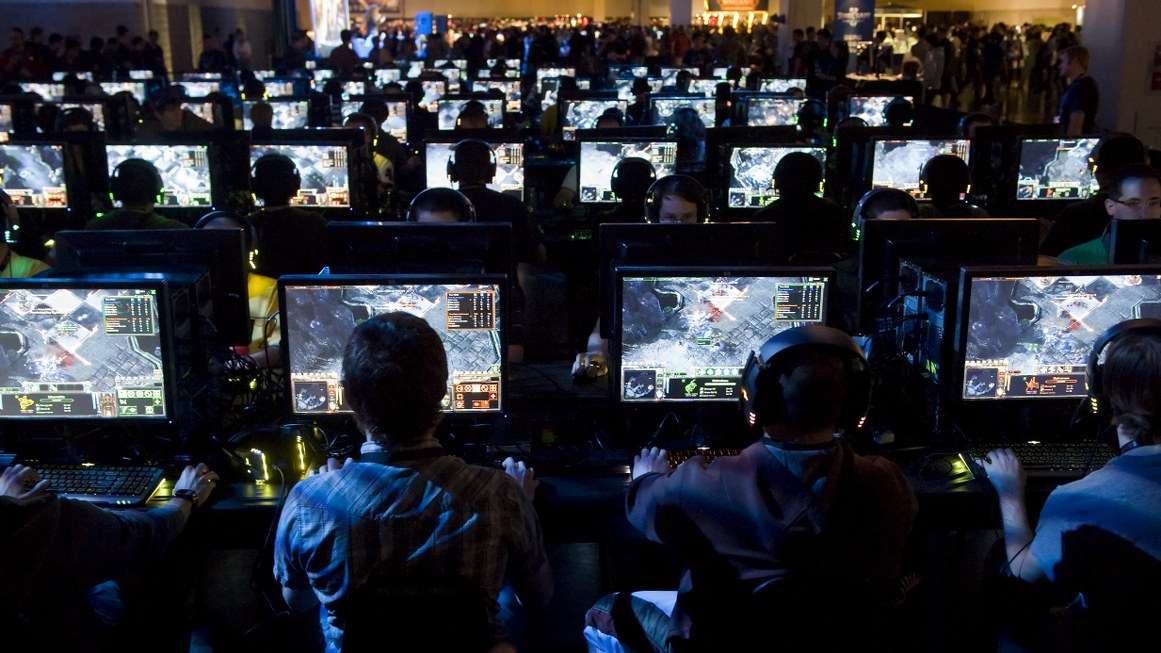
The FTC has no business trying to stop video game company mergers
It’s one of the most competitive industries in the world, and there’s no good reason to stop Microsoft from acquiring Activision Blizzard.reason.com
You are using an out of date browser. It may not display this or other websites correctly.
You should upgrade or use an alternative browser.
You should upgrade or use an alternative browser.
FTC is drunk. Switch is gen 9.Indefinitely borrowed, from elsewhere, below…
————————————————————————————————————————————
Some highlights and a few comments from the administrative complaint from the FTC:
- First relevant market: high-performance video game consoles, only Sony and MS are competitors there.
- The FTC differentiates between general purpose PCs and high-performance gaming PCs, although both can be used to play games.
- ABK is one of the few independent companies capable of developing "standout video games" for those consoles.
- The other two relevant markets are multi-game content library subscription services and cloud gaming.
- Total gaming revenues for MS in FY2022 were over $16 billion (Is this new?).
- "Nintendo's most recent console—the Nintendo Switch—is not a ninth-generation gaming console". The FTC put an end to the debate :s xD
- The FTC says that there are only 4 AAA independent games publishers: Activision, Electronic Arts, Take-Two, and Ubisoft (Japanese publishers are fair game, then?)
- Epic would be one of the few other studios capable of releasing AAA games, something that industry participants refer to as the "Big 4 + Epic." (Is that true? I've never heard that).
- AAA games increase adoption and engagement, giving a console or subscription service greater leverage in attracting additional content from publishers and developers (It sounds like the video game industry is all about AAA games, nothing else).
- "Nintendo pursues a different strategy of integrating its lower performance, portable hardware with its own distinctive first-party games to appeal to player nostalgia for Nintendo's unique gaming experience over high resolution, life-like graphics, and performance speed". (Nostalgic children?)
- Although the FTC talks about high performance PCs for gaming, later they say that gaming PCs and mobile devices are not commercially reasonable alternatives to High-Performance Consoles.
- Microsoft is already the market leader of multi-game content library subscription services in the US (although we don't know exactly why or how: in fact, some tiers of PS+ are initially mentioned as comparable to Gamepass but then there is not mention of them in the section about subscription services).
- Buy-to-play games are not commercially reasonable alternatives to subscription services. Therefore, they are different markets.
- Xbox Live Gold, PlayStation Plus Essential or Apple Arcade aren't alternatives to subscription services, either.
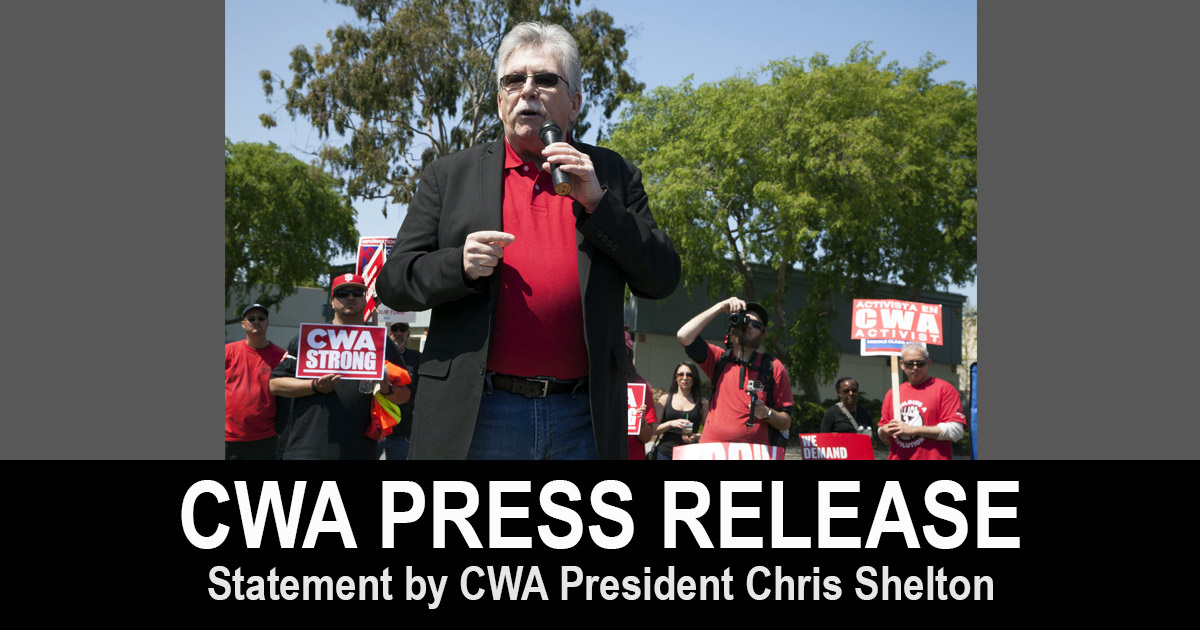
CWA Statement on the FTC’s Decision to Sue to Block the Microsoft/Activision Deal
By moving to file a lawsuit in administrative court to block Microsoft’s acquisition of Activision Blizzard, the Federal Trade Commission has missed an opportunity to demonstrate that it takes the labor impact of mergers seriously.
We believe the FTC's case is not likely to convince a federal judge, particularly as the European Commission may move to approve the deal, and that workers at Activision Blizzard will finally have the opportunity to improve their wages, benefits and working conditions through their union.
This will be updated in about two weeks…

 www.ftc.gov
www.ftc.gov

Microsoft/Activision Blizzard, In the Matter of
The Federal Trade Commission authorized an administrative complaint against the proposed merger between Microsoft Corp. and Activision Blizzard, Inc., a video game developer that creates and publishes games such as Call of Duty, World of Warcraft, Diablo, and Overwatch. Microsoft sells the Xbox...
From the lawyer of elsewhere…
MS published an economic analysis on the deal.
It’s called "Principles for platform mergers with an application to Microsoft-Activision", by Fiona M. Scott Morton, Senior Consultant Charles River Associates and Professor of Economics Yale School of Management.
It’s short (5 pages) and obviously in favor of MS, but it’s another way to look at the deal from an economic perspective.
MS published an economic analysis on the deal.
It’s called "Principles for platform mergers with an application to Microsoft-Activision", by Fiona M. Scott Morton, Senior Consultant Charles River Associates and Professor of Economics Yale School of Management.
It’s short (5 pages) and obviously in favor of MS, but it’s another way to look at the deal from an economic perspective.
PAID...then they going to Applebee'sMS lawyers going to get PAID! After this.
The FTC has a slim case here. Their job is to protect consumers and not competitors.
In court this is what the situation is going to look like:
Emotionally charged complaint - "This merger is taking away from consumers by making COD exclusive."
Logical response from Microsoft - "Actually.....we have increased consumer consumption by providing COD on Nintendo. We also offered to keep the game on PlayStation for over a decade. After that we negotiate a new contract."
Emotionally charged complaint - "They made Bethesda games exclusive!"
Logical response form Microsoft - "Well...actually we never promised to NOT make them exclusive. Only that we had no incentive to make them exclusive. The European Commission didn't care if we kept those games exclusive or not. They cleared the deal. So what is the problem now that we want to make them exclusive? We own them. We can do it. We also still have and are supporting Bethesda games on rival consoles and even still releasing content for Elder Scrolls Online and Fallout 76 for competing consoles."
emotional rebuttal - "bbuttt, buttt, other consoles can't compete!"
Judge - "LOL go ahead with the merger."
In court this is what the situation is going to look like:
Emotionally charged complaint - "This merger is taking away from consumers by making COD exclusive."
Logical response from Microsoft - "Actually.....we have increased consumer consumption by providing COD on Nintendo. We also offered to keep the game on PlayStation for over a decade. After that we negotiate a new contract."
Emotionally charged complaint - "They made Bethesda games exclusive!"
Logical response form Microsoft - "Well...actually we never promised to NOT make them exclusive. Only that we had no incentive to make them exclusive. The European Commission didn't care if we kept those games exclusive or not. They cleared the deal. So what is the problem now that we want to make them exclusive? We own them. We can do it. We also still have and are supporting Bethesda games on rival consoles and even still releasing content for Elder Scrolls Online and Fallout 76 for competing consoles."
emotional rebuttal - "bbuttt, buttt, other consoles can't compete!"
Judge - "LOL go ahead with the merger."
Last edited:
Yep at the end of the day none of the committees can actually say this will hurt customers as MS have already gone out of its way to show they want the game to reach more customers.
Any group trying to protect Sony is simply giving MS an easy appeal as that's not what they are supposed to be looking at.
Any group trying to protect Sony is simply giving MS an easy appeal as that's not what they are supposed to be looking at.
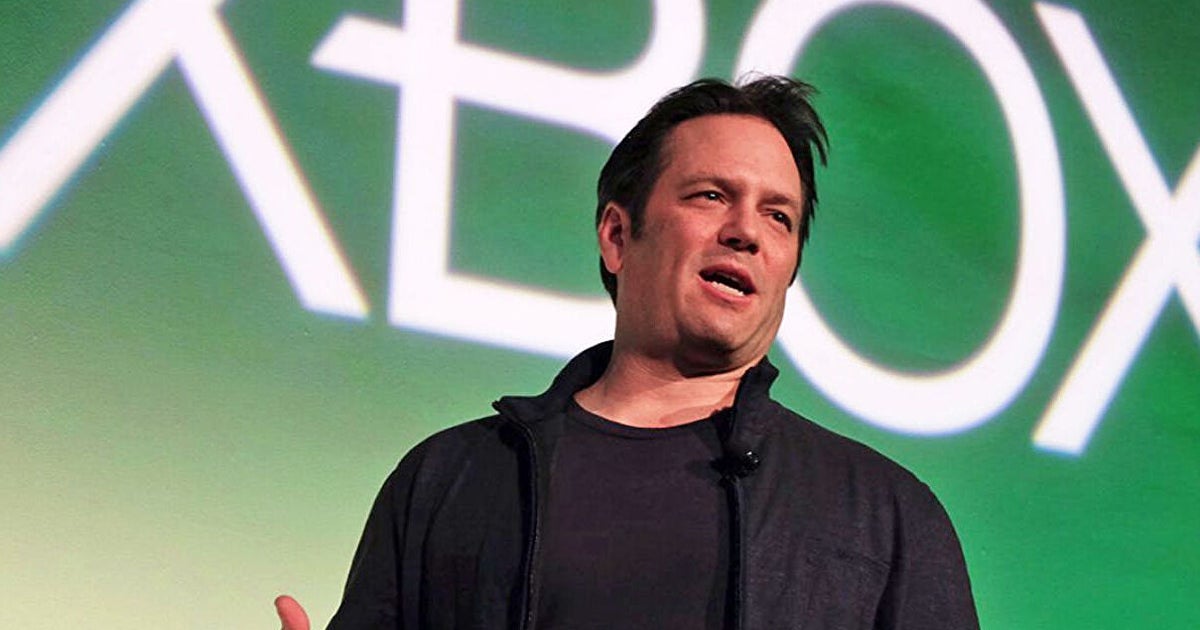
Xbox boss Phil Spencer says Sony wants to "grow by making Xbox smaller"
Xbox boss Phil Spencer believes PlayStation is trying to retain its "dominance" of the console market by "making Xbox s…
I'd also rather rub my butt on the floor than go to Applebees.
I hear they got good steaks…. I like the ones from chili’s and Fridays.I'd also rather rub my butt on the floor than go to Applebees.
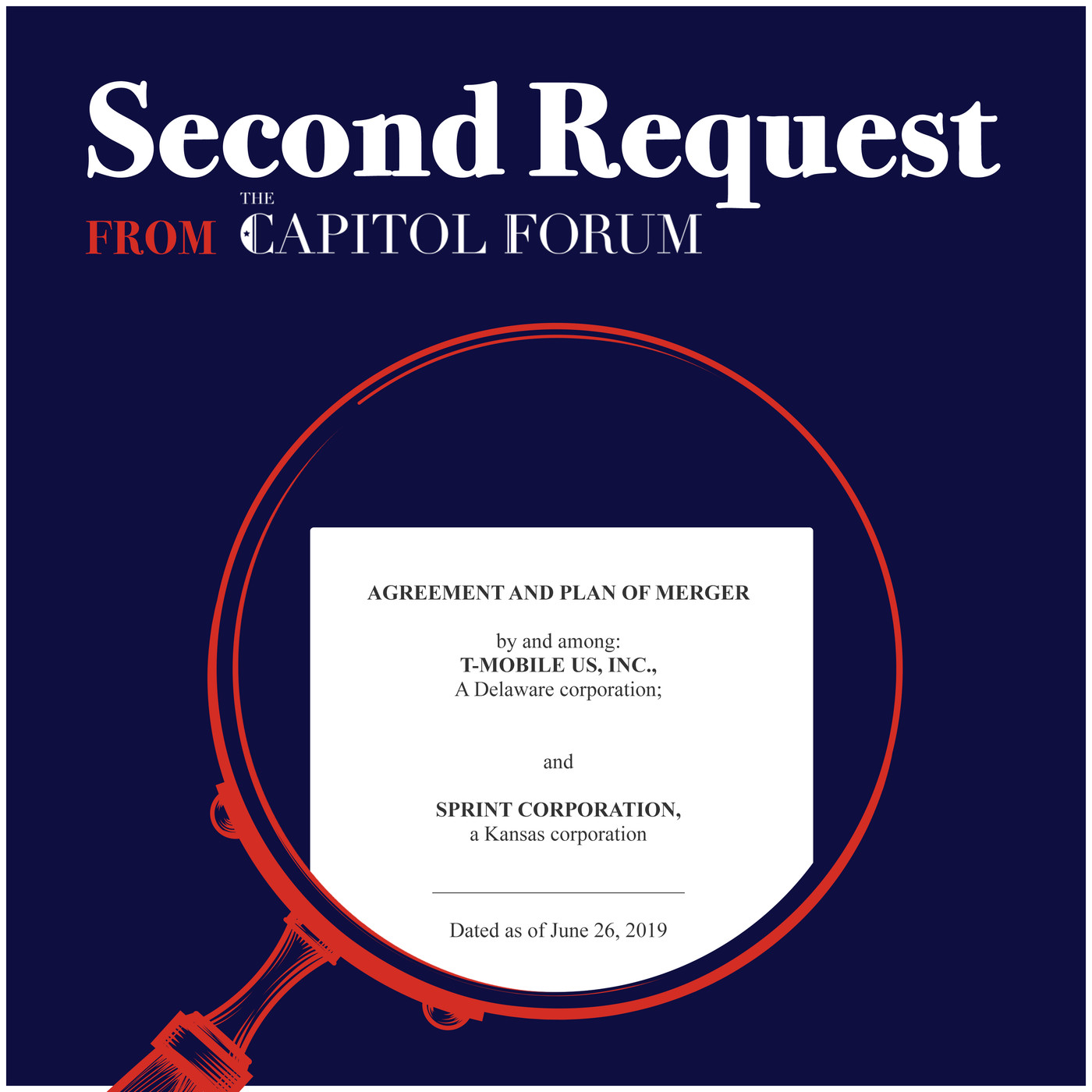
Microsoft/Activision with Xbox CEO Phil Spencer
Xbox CEO Phil Spencer discusses competition in the video game market.
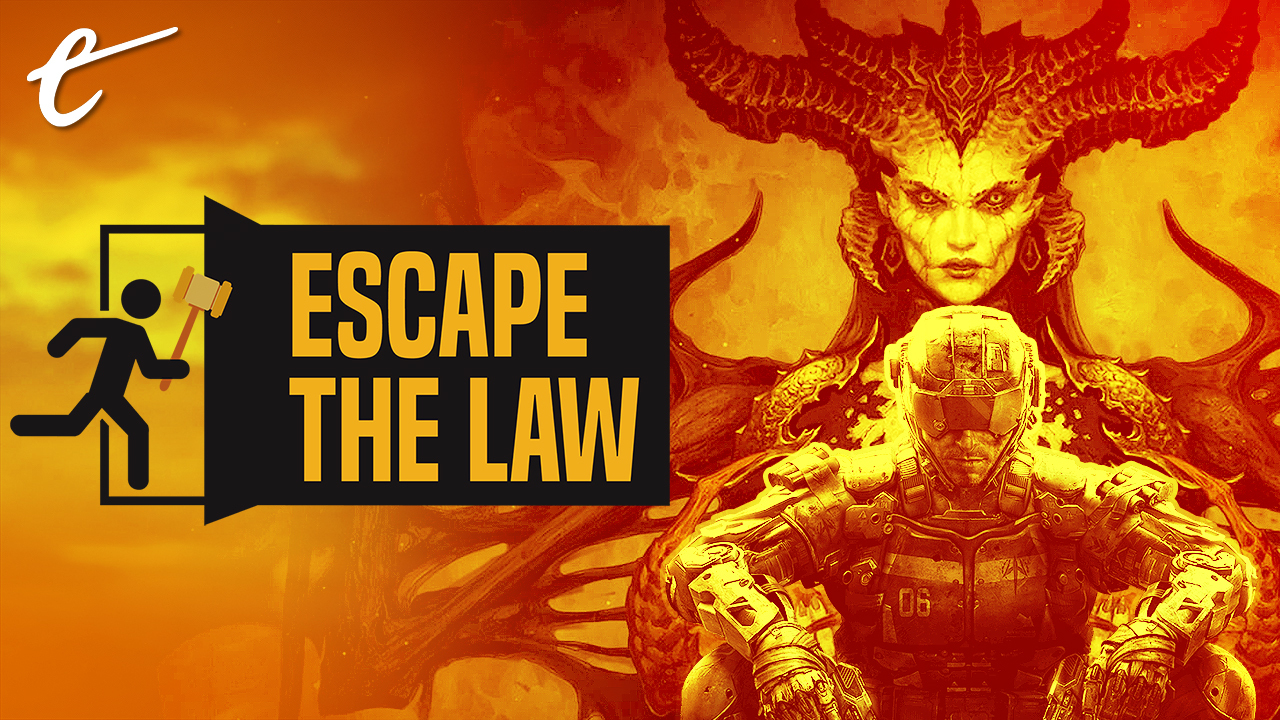
Why the Microsoft Activision Merger Will Succeed Despite the FTC
The FTC wants to block the Microsoft acquisition of Activision Blizzard, but the legal reality is more complex and MS will likely succeed.
In the meantime, nothing about this proceeding prevents Microsoft from closing the transaction and completing the acquisition. In order to actually block the transaction, the FTC would need to file suit in federal court and obtain an emergency order.

Microsoft-Activision Challenge Tests FTC Emerging Markets Focus
The Federal Trade Commission’s challenge to Microsoft Corp.‘s $68.7 billion bid to acquire Activision Blizzard Inc. will help define the scope of its ability to police over-the-horizon competitive threats.
The Federal Trade Commission's challenge to Microsoft Corp.'s $68.7 billion bid to acquire Activision Blizzard Inc. will help define the scope of its ability to police over-the-horizon competitive threats.
The agency argues the deal not only would choke off gaming console market competition, but would tilt the playing field in still-developing markets for subscription and cloud-based gaming.
That focus is integral to the FTC's aggressive approach to policing Big Tech under chair Lina Khan. But blocking a merger to head off concentration in emerging markets is tougher than moving against conduct in established ones, attorneys say.
"There are a couple challenges here. One is that judges like to see evidence, and evidence is inherently backward-looking," Barry Nigro, the head of Fried Frank's global antitrust department, said. "Having a good story to tell based on documents and testimony becomes more important in these sorts of cases—otherwise it's one side's vision against the other's."
The FTC faces a tough battle in proving anticompetitive effects in such markets, said Stephen Calkins, a professor at Wayne State University Law School.
"If you put together enough market share in a single market, there can be a presumption of anticompetitive market effects, and we're well on our way to saying its an anticompetitive market," Calkins said. "If you have a market without any sales yet, it's hard to have market share."
*edit to add lawyer quote, from elsewhere, below…*
It’s interesting that he says that they didn’t have a chance to meet the Staff, who makes a recommendation (usually) followed by the Commission. Maybe Khan overruled them again like in the Meta/Within case?
The original timeline of the case seemed to be: Staff meeting in mid December and vote from the Commission in late December/early January. But all of a sudden the vote happened in early December. The NY Post (!) said that MS didn’t expect a decision so soon, more like in Q1 2023. Khan was also planning maternity leave in January, maybe that also accelerated things.
It feels like the process got a bit rushed in the end.
Last edited:





